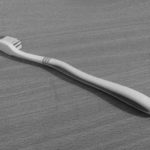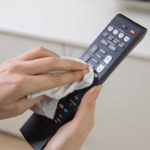Eggs
Eggs have a special coating on their shells that protects them from bacteria, but when you wash them, this protective layer is disrupted, making it easier for bacteria to get inside.
So, if you want, it’s best to wipe eggs dry with a cloth instead of washing them with water.

Chicken
Raw chicken poses health risks, as it may harbor the Salmonella bacteria, which can cause food poisoning. When you rinse chicken, you risk spreading bacteria to your hands and sink.
Instead, it’s best to blanch the chicken once before cooking, rather than washing it, to reduce the risk of bacterial contamination.
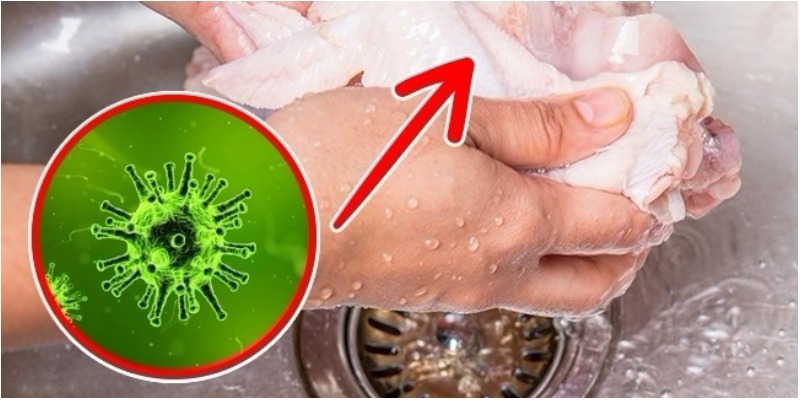
Pork and Beef
Similar to chicken, pork, and beef can also harbor bacteria, especially if purchased from an unfamiliar or unreliable source.
It’s best to use a knife to remove any remaining dirt and then pat the meat dry with a cloth before cooking. Do not blanch pork or beef, as this will cause the surface to tighten and trap bacteria.
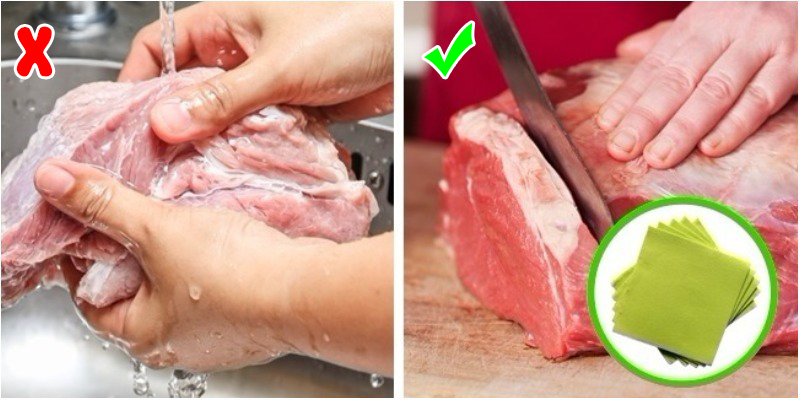
Pasta
According to professional chefs, washing pasta can reduce the starch content and make it harder for the pasta to absorb flavors and sauces.
You should only wash pasta to soften it if you’re using it for a salad or stir-fry. Otherwise, simply boiling the pasta is sufficient.
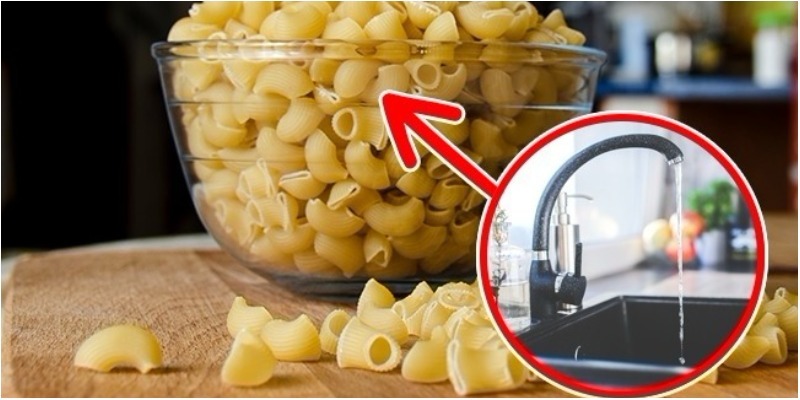
Mushrooms
Mushrooms are highly absorbent, and washing them for too long can cause them to lose their sweet taste and nutrients.
If you must, quickly rinse mushrooms and then pat them dry with a paper towel. This should only be done just before cooking the mushrooms.
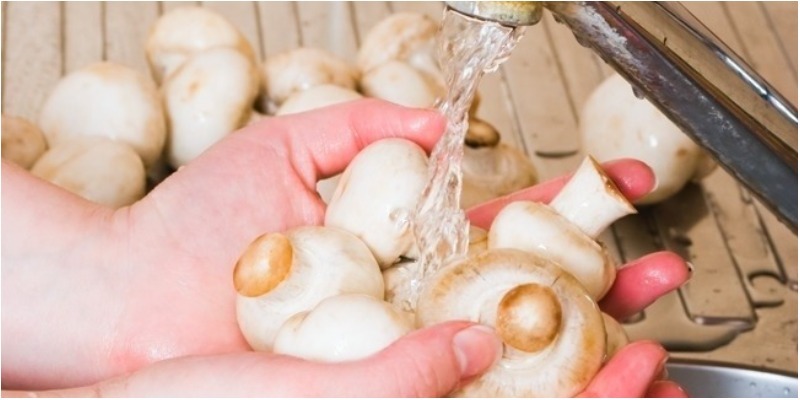
For more information, visit: brightside.me
Each type of food has its own preparation method to ensure optimal nutrition and prevent bacterial contamination. Make sure to take note of the proper handling methods for these foods to maintain your family’s health.
8 Common Mistakes People Make with Cutting Boards
Are you using your cutting board correctly? Many Vietnamese households rely on cutting boards in their kitchen, but not everyone knows how to use them properly, especially when it comes to wooden cutting boards. Check out these 8 mistakes to avoid when using a cutting board to ensure both hygiene and safety for everyone in your family.
Is Refrigerated Leftovers Linked to an Increased Risk of Cancer?
Dr. Lam Van Man, Head of Research, Development and Technology Transfer Department of the Institute of Safety Food, has warned of the risk of food poisoning when reheating leftovers from the refrigerator. But what should we be aware of when it comes to the possibility of these leftovers causing cancer? Here, we explore what the experts have to say on the matter and offer some tips for safe eating.

























